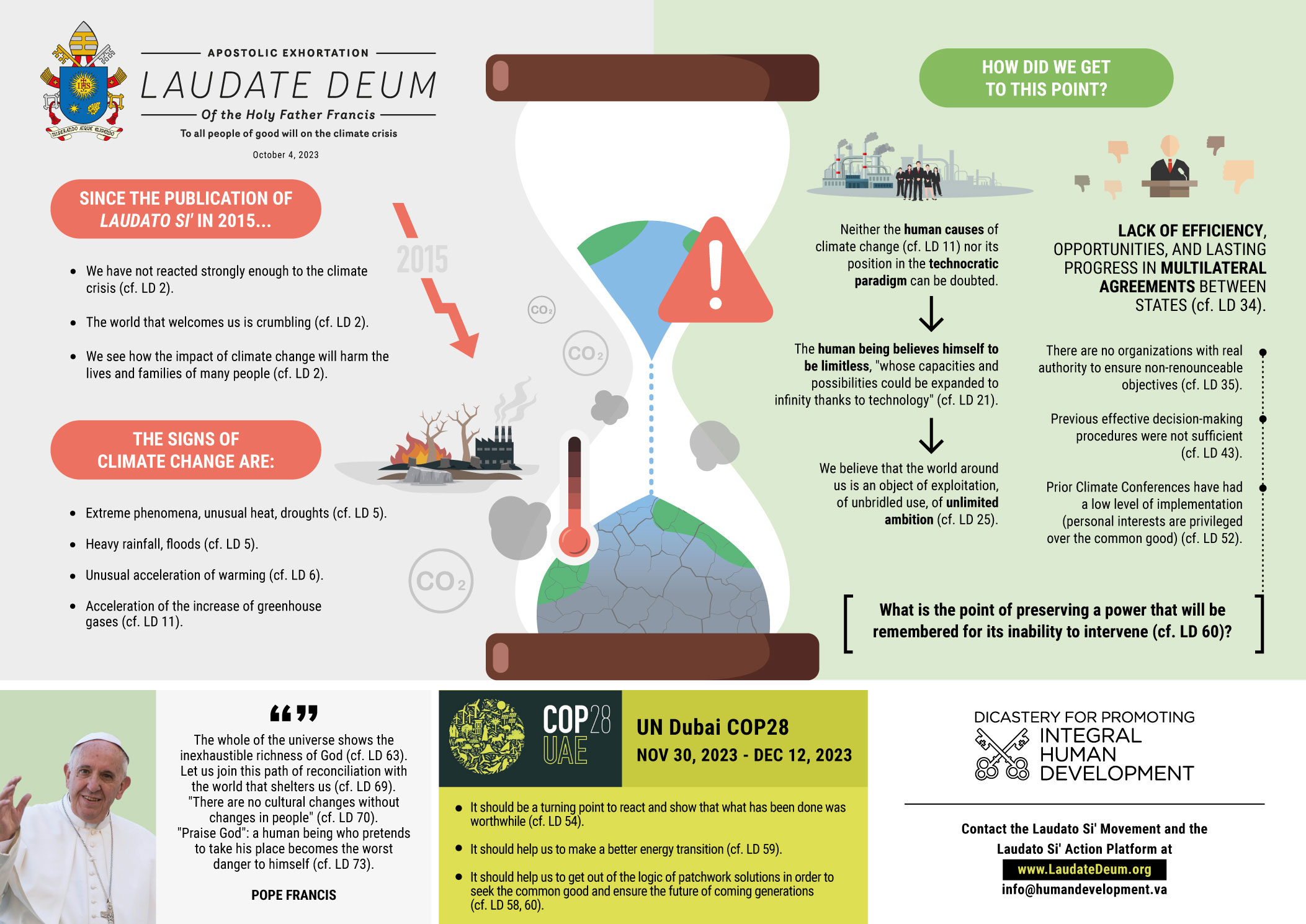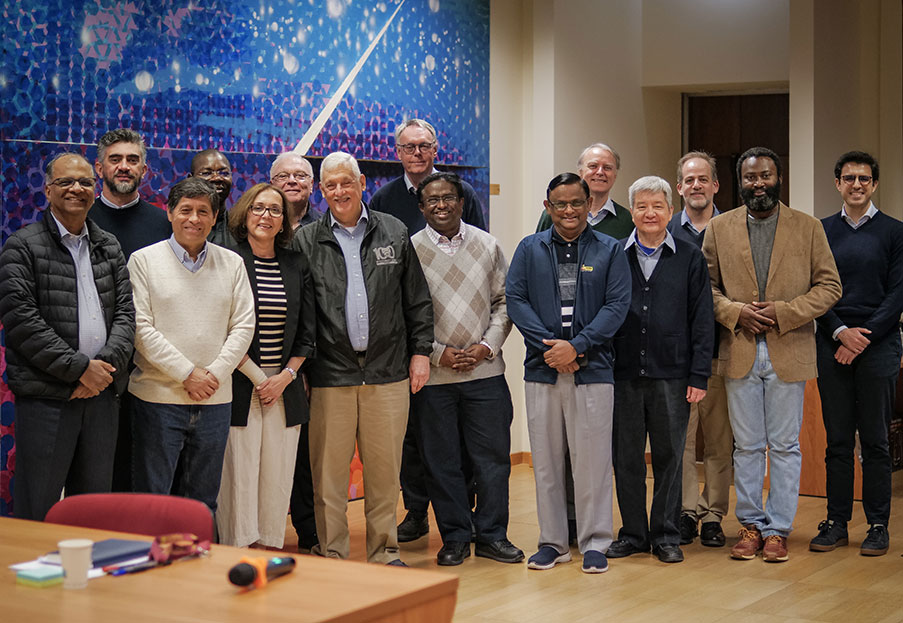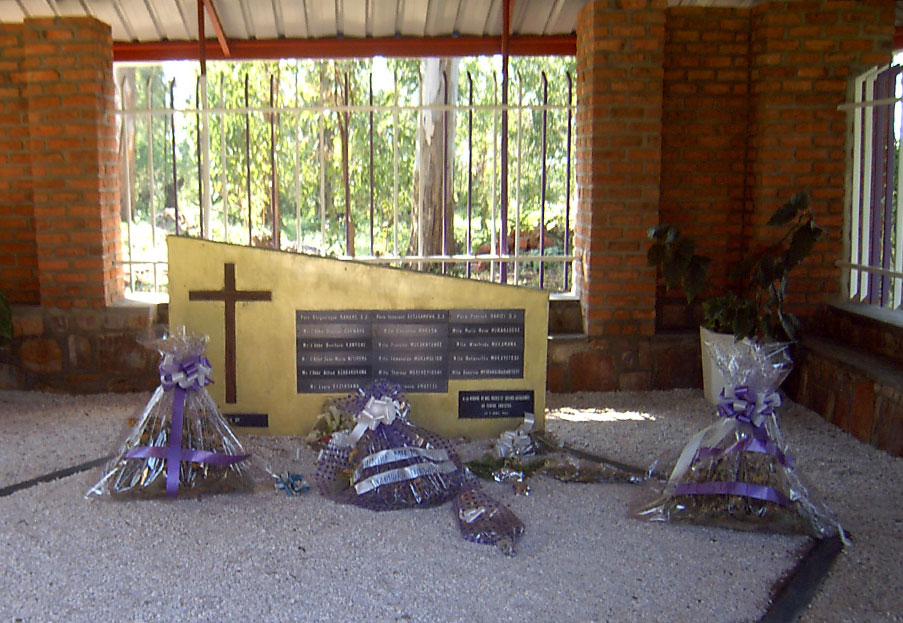“Ecological weeks” at the Catholic University of Central Africa
On 4th
October Pope Francis published the apostolic exhortation Laudate Deum as a
complement to his 2015 Encyclical, Laudato si’. In many places, Jesuits
have already responded to Francis’ appeal to care for the environment. Today we
offer the testimony of some Jesuit scholastics from West Africa.
Since 2020, Jesuit scholastics studying philosophy at the Catholic University of Central Africa (UCAC) have been organising what has now become a tradition, an “Ecological Week”. The twofold aim of the week is to make known the presence of Jesuits in Yaoundé, Cameroon, and, more importantly, to respond to the 4th Universal Apostolic Preference of the Society of Jesus: Caring for our common home.
To raise awareness of the importance of caring for our environment, Jesuit scholastics collaborate with the UCAC Environment Club in Yaoundé, organising activities that mobilise students and administrative staff. They are all inspired by Pope Francis’ encyclical Laudato si’. This initiative of dedicating weeks to ecology is part of a series of commitments to raise awareness of the need to protect our common home. Participants are guided by themes that invite them to ecological conversion.
The third Ecological Week
was launched last March during a Eucharist at which the UCAC Vice-Rector, Fr
Epiphane Kinhoun, presided. The celebrant stressed that “we remain determined in
our pursuit of this initiative, following in the footsteps of the Holy Father, for
what he calls the preservation of our common home”.
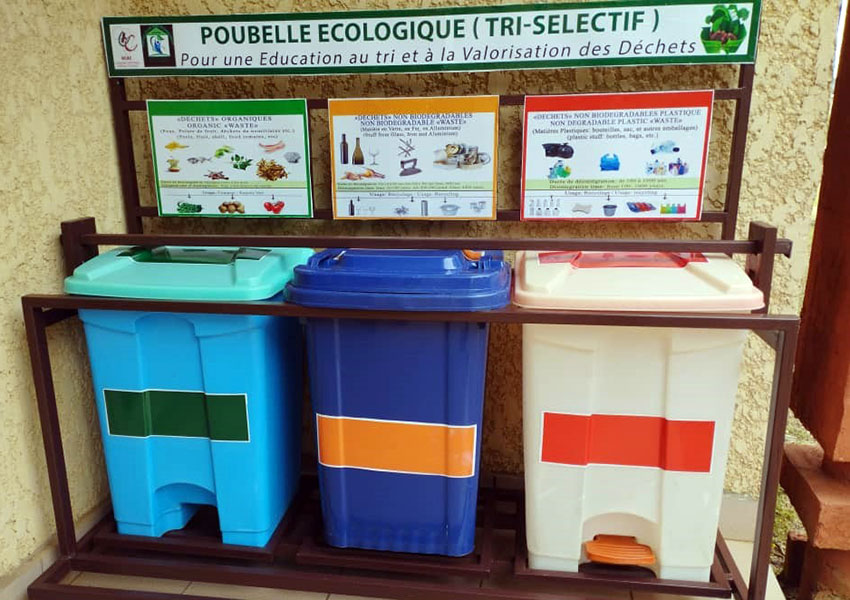
Many activities are organised during these weeks, including conferences, ecological walks (known as “eco-jogging”), and “eco-quarter-hours”. These activities encourage the university students to make a concrete commitment to ecology. They can do so, for example, by helping with reforestation or, quite simply, by keeping the places where they live clean. Ecological weeks thus provide Jesuits in formation an opportunity to promote ecological actions and to integrate environmental concerns into university education. All this contributes to building ecological citizenship.
Method
The Jesuit scholastics
intend to follow Ignatian pedagogy, which emphasises learning through service
within the student community. Learning through service is a form of training
that encourages students to get involved in the community in which they live.
The UCAC Environment Club, with the support of all the Jesuit scholastics, reaffirms
its commitment to training young people as ambassadors of ecology for the
protection of our common home. Between March 2021 and March 2023, three
editions of the “Ecology Week” took place on three university campuses in the
city of Yaoundé. Despite the pandemic, the first edition was encouraged by the university
rector’s team and was a great success. The second and third were also very
rewarding... Preparations are already underway for the fourth edition.
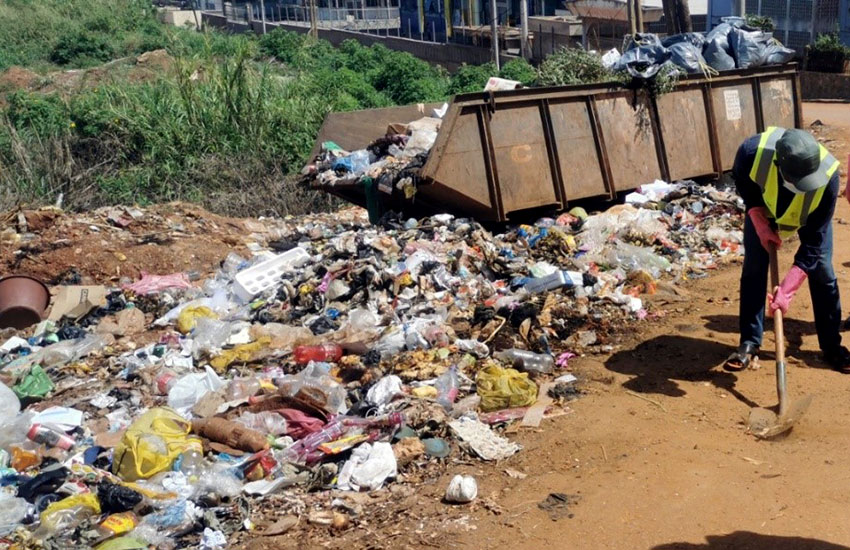
Testimonial from a professor
“Our students benefit greatly when they realise that their service makes a difference to the lives of those they serve. As with the Ecological Weeks, all community service programmes involve altruism and charity. However, these activities should be given more structure, and they should involve more people as part of the volunteer programmes. During the Ecological Weeks, our students get involved in a cause that meets an important need in a local (and even the global) community. Recycling used items, raising awareness of hunger and improving the environment are all causes promoted by our community service programmes, and our students have formed clubs around them so that they tackle the issues both reflectively and actively. In getting involved in service, the students’ main goal is to support a cause, but their involvement also allows them to learn more about everything involved and what needs to be done to make a difference.”
Testimonial from a UCAC student
“The Ecological Week
activities helped me a lot; they got me out of the classroom and into an
environment where I can be of service and where I can learn at the same time. Learning
through service, the pedagogy of the programme, has strengthened not only my
community, which benefits from it, but also myself, because I have been able to
give my time and effort to the cause of the environment. I benefit socially,
mentally, emotionally and spiritually.”

